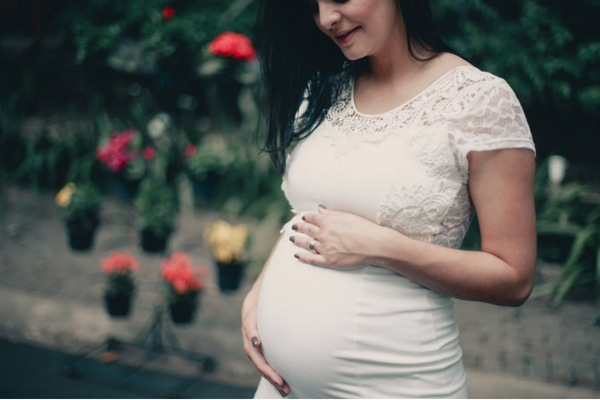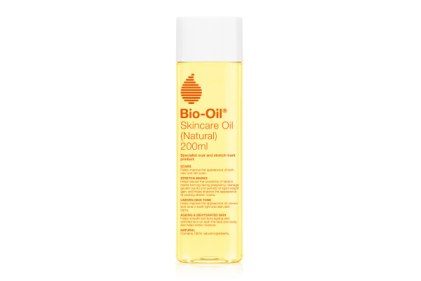Today, September 9, is Foetal Alcohol Spectrum Disorder Day and the HSE has shared guidelines on the importance of avoiding alcohol during all stages of pregnancy.
According to the HSE, foetal alcohol syndrome (FAS) is caused by drinking heavily during pregnancy, and is typically diagnosed when the baby is born due to the visible facial characteristics that go along with FAS.
The HSE advises women to stop drinking alcohol once they find out they are pregnant, and should continue to not drink alcohol for the rest of their pregnancy in order to give their baby the best chance of healthy brain growth and development. This is because alcohol can damage the development of a baby’s brain and body because it passes from the mum’s blood into the baby’s blood through the placenta. The longer a woman’s body takes to break down and remove alcohol, the longer their baby is exposed to its harmful effects.
No amount of alcohol at any stage of pregnancy is safe for your baby.
— HSE Ireland (@HSELive) September 9, 2022
Get tips on planning an alcohol-free pregnancy: https://t.co/YhlJgLaHdh#HSEMyChild pic.twitter.com/1fSsgKmGsa
A study carried out by Dr Katy Tobin found that in Ireland, “It is estimated that 600 babies with FASD are born here each year (although this is thought to be a conservative estimate)”. Her research also found that “It is estimated that 1 in 20 people live with the condition in Ireland”.
Foetal alcohol spectrum disorders (FASD) causes long-term problems for a baby’s body, brain and development. Some of them include, Hyperactivity, poor attention, learning difficulties, being smaller than expected, difficulty controlling behaviour, eating problems and sleeping problems.
Foetal alcohol syndrome can also have all of the signs of FASD, as well as damage to the brain and spinal cord, unusually small head or eyes, abnormally-shaped facial features or ears and problems with their heart and other organs.
If you are finding it hard to stop drinking alcohol while being pregnant, talk to your midwife, GP, or local substance misuse service. The HSE also offer an Alcohol Helpline from Monday to Friday, 9.30am - 5.30pm, freephone 1800 459 459 or contact helpline@hse.ie







